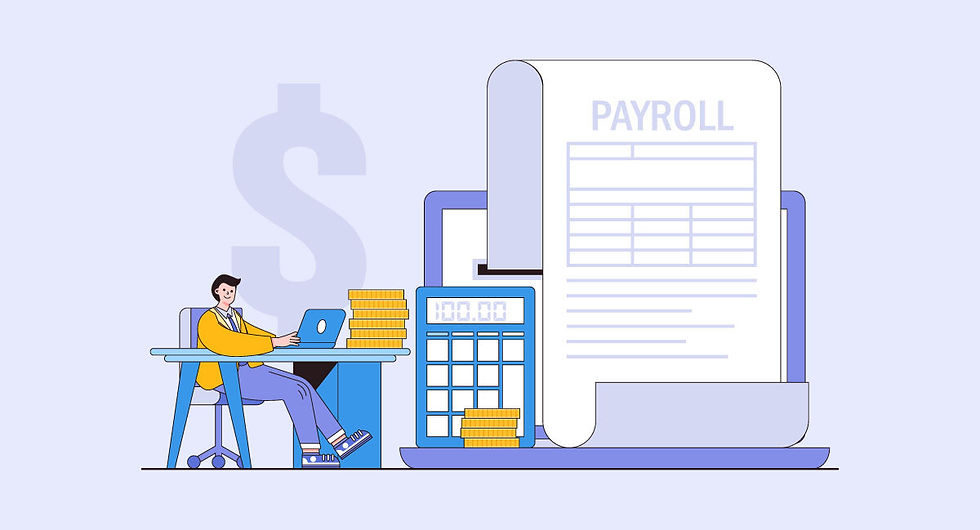
As accountants working with non-profits and small businesses, we've seen the challenges these organizations face in managing payroll and maintaining tax compliance. Whether you're a charitable organization or a local bakery, these responsibilities are essential but often overwhelming. In this month's blog post, we'll cover key points to help you navigate this complex landscape.
Understand Your Company's Status
First things first: know your entity type. Non-profits and small businesses have different tax obligations and potential exemptions. Non-profits may be exempt from certain taxes, such as Federal and State Unemployment taxes (FUTA and SUTA), but they still need to file and remit employee payroll taxes. Small businesses must diligently comply with all applicable taxes to avoid penalties.
Stay on Top of Payroll Taxes
Payroll taxes are a critical aspect for both non-profits and small businesses. This includes:
Employee Withholdings:
Federal income tax withholding
Social Security and Medicare taxes (FICA)
State and local taxes, where applicable
Employer Taxes:
Federal unemployment tax (FUTA)
Social Security and Medicare taxes (FICA)
State Unemployment Tax (SUTA)
Local taxes, where applicable
As an employer, you’re responsible for withholding taxes from employee paychecks and remitting them to the appropriate agencies on time.
Classification Matters-Employee VS Independent Contractor: Know the Difference
Classifying workers as employees or independent contractors is crucial, as it affects tax obligations, benefits, and legal responsibilities.
Key Differences:
Tax Implications: You withhold income taxes, Social Security, and Medicare from wages for employees, but you typically don't withhold taxes for contractors.
Benefits: Employees are often eligible for benefits, while contractors are not.
Control: You generally have more control over how employees work than contractors.
Cost: Contractors might have higher hourly rates but can be less expensive overall due to reduced benefit costs and tax obligations.
Misclassification Risks: Incorrectly classifying an employee as an independent contractor can lead to back taxes, penalties, retroactive benefits payments, legal issues, and potential lawsuits. Non-profits should be especially careful with volunteers—if they receive more than nominal compensation, they could be considered employees.
Maintain Accurate Records
Good record-keeping is essential. Keep detailed records of all payroll transactions, tax payments, and related documents. For non-profits, maintaining accurate records is crucial for preserving your tax-exempt status and preparing Form 990.
Leverage Technology
Consider using payroll software or services that automate payroll processing and tax compliance, reducing errors and saving time. Options like Gusto, ADP, and Paychex can be used for payroll processing and offer various features such as benefits, 401k plans, and worker compensation. Our favorite part of using these tools is the seamless integration between their platform and QuickBooks Online.
Don't Hesitate to Seek Help
Remember, managing payroll and tax compliance isn't just about avoiding penalties - it's about creating a stable foundation for your company to thrive. If you have any questions about payroll and tax compliance for your business, we're here to help!

Comentarios